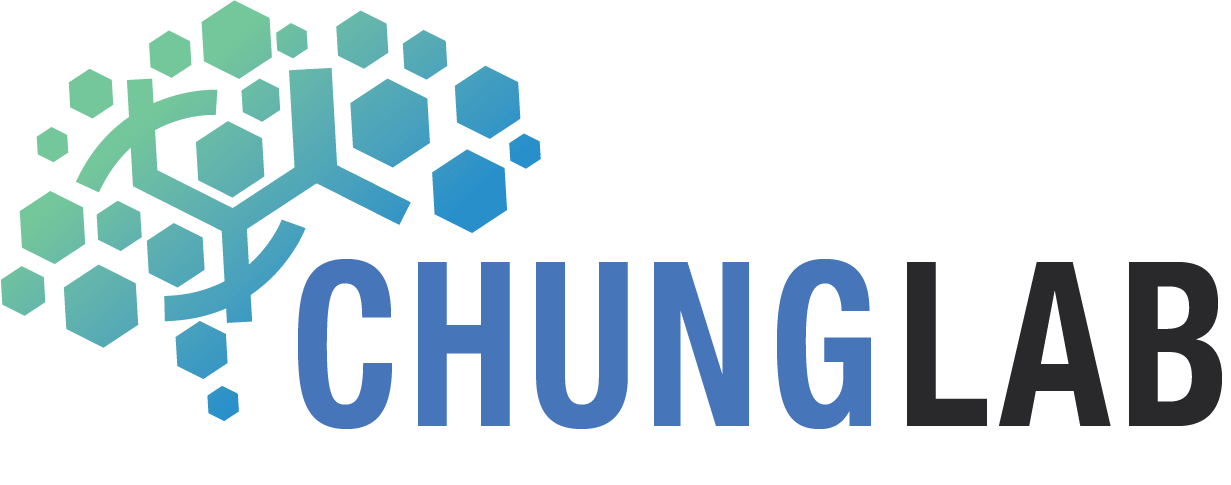Kwanghun Chung receives McKnight Technological Innovations in Neuroscience Award
Kwanghun (KC) Chung, investigator of neuroscience at the Picower Institute for Learning and Memory, core faculty of the Institute for Medical Engineering and Science, and an assistant professor in the MIT departments of Chemical Engineering and Brain and Cognitive Sciences, was selected to receive a 2016 McKnight Technological Innovations in Neuroscience Award for his work on “multi-scale proteomic reconstruction of cells and their brain-wide connectivity.”
Dr. Chung and his lab are developing new technologies to generate a comprehensive, high-resolution brain map, including one known as CLARITY (Clear Lipid-exchanged Acrylamide-hybridized Rigid Imaging / Immunostaining / in situ-hybridization-compatible Tissue hYdrogel), which renders tissues, like those within the brain, completely transparent. Chung gained international recognition for creating this breakthrough technology.
Current brain mapping is relatively low resolution and incomplete; Chung’s research will allow neuroscientists to interrogate many molecules, cell types, and circuits in single tissues. By utilizing a transparent brain image and additional biological techniques, an exceptionally detailed map of neuronal pathways can be made which were previously inaccessible.
Dr. Chung is also working to combine new tissue processing technologies with genetic labeling techniques. Chung expanded on the CLARITY technology to develop SWITCH, which uniquely allows for up to 22 different proteins to be imaged in a 3D array. Dr. Chung hopes that this high resolution, comprehensive brain mapping will accelerate the pace of discovery in a broad range of neuroscience applications and enable scientists to characterize animal disease models in a fast and unbiased way.
“I am very grateful about the opportunities that this award will provide,” said Chung. “With the resources we will pursue our high-risk project in developing new technologies for integrated, high-resolution imaging and phenotyping of the brain.”
“It has been a thrill to see the ingenuity at work in developing new neurotechnologies,” said Markus Meister, PhD, chair of the awards committee and the Anne P. and Benjamin F. Biaggini professor of biological sciences at Caltech. “This year’s awards reflect the great untapped potential that still exists in visualizing the connectivity and function of the brain.”
The Endowment Fund predominantly supports work seeking to advance the ability to monitor, manipulate, analyze or model brain function. The awards do not support research based primarily on existing techniques. Technologies developed with McKnight support must ultimately be made available to other scientists.
The McKnight Endowment Fund for Neuroscience will grant $600,000 over two years for the award, with three research projects each receiving $200,000 to expand the range of technologies for studying the brain and its diseases and to make these new technologies available to the field of neuroscience. Since the technology awards began in 1999, the Endowment Fund has contributed more than $12 million to innovative technologies for neuroscience.
The next round of awards will be announced in October, with letters of intent due December 1, 2016. For more information about the awards, please visit https://www.neuroscience.mcknight.org/the-awards/technology.
